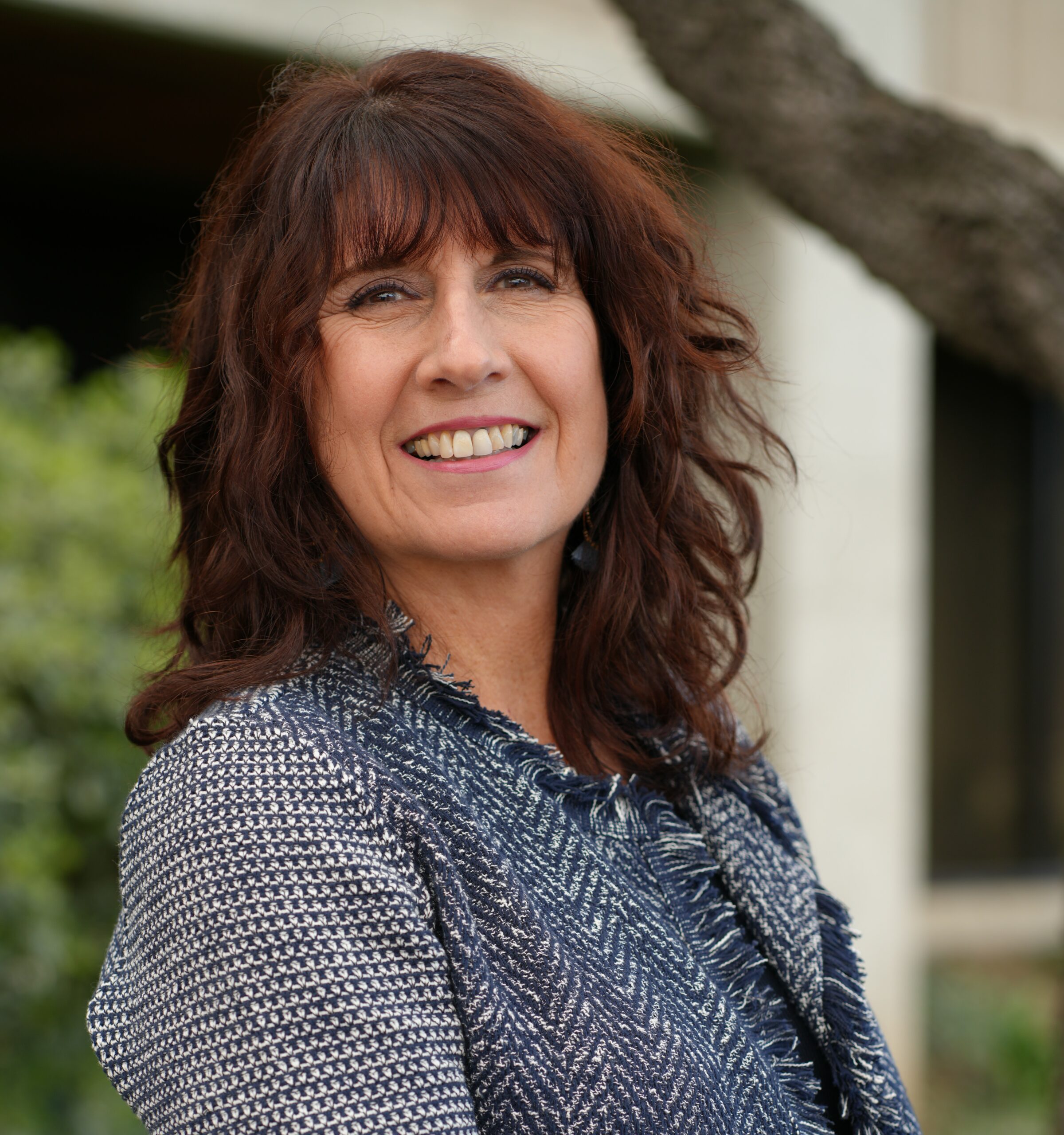Written by Christine Padilla, Director of Build Up for San Mateo’s Children
San Mateo County, along with five neighboring counties, were the first in the nation to implement shelter-in-place due to the COVID-19 pandemic. We couldn’t be prouder of our local leadership. As we led then, I hope we will continue to lead to ensure all our communities recover together. Through this difficult time, the child care industry has risen to navigate through this public health crisis. We are certain that one thing rings true; child care is, and always has been, essential. Child care is critical community infrastructure that is connected to every aspect of our economy and overall community wellbeing. Across San Mateo County, we have a growing shortage of child care and preschool spaces; close to 11,000 spaces are needed for children ages birth to four years old, with a projected need of 14,000 by 2025. Now more than ever, we must work to preserve all existing spaces, or this already fragile sector may not be there to help us recover.
 While we know disparities have always existed in our county, this pandemic has heightened the awareness of the vulnerabilities in our community. The child care sector has long been overstrained and undervalued with predominantly women-owned small businesses and nonprofits working to meet the needs of the community. Child care is costly to operate and families often struggle to pay for it, while providers carve out at best a “living wage”. To make it through recent closures and economic hardships, child care providers are in need of substantial support. Without support, families may find their provider unable to reopen when they return to work.
While we know disparities have always existed in our county, this pandemic has heightened the awareness of the vulnerabilities in our community. The child care sector has long been overstrained and undervalued with predominantly women-owned small businesses and nonprofits working to meet the needs of the community. Child care is costly to operate and families often struggle to pay for it, while providers carve out at best a “living wage”. To make it through recent closures and economic hardships, child care providers are in need of substantial support. Without support, families may find their provider unable to reopen when they return to work.
We greatly appreciate the initial investments made through the Coronavirus Aid, Relief, and Economic Security (CARES) Act to help mitigate the impact of the current public health crisis on children, families, and child care providers. The emergency funding provided through the Child Care and Development Block Grant (CCDBG), along with other supports provided in the package, such as unemployment insurance provisions and loans for small businesses, are a critical first step in helping child care providers and families survive the growing public health and economic crisis caused by the spread of COVID-19. As the scope and magnitude of the situation evolves, it is clear that additional focused support is needed that reflects the child care provider’s essential status in providing care to the children of front-line workers and serving as the foundation for future recovery.
Child care’s essential status deserves and needs dedicated relief funding, with flexibility for even the smallest center owners and family child care home-based providers who may not have accountants or financial advisors to assist with accessing benefits in the relief package. Early education advocates are asking Congress to include $50 billion in emergency funding to address the specific needs of early care and education providers, families and children in a fourth relief bill. The COVID-19 pandemic has highlighted a long-time underinvestment in child care infrastructure. Our community and economy need child care providers to function, and now is the time to rise up and support this unique sector.
While legislators consider additional stimulus packages, locally, we have a rare opportunity to not only repair, but reimagine a sustainable child care system for San Mateo County. Now is the time to do what our county does best: collaborate, coordinate and support each other. I hope this call for federal funding sparks local government and philanthropy to work towards a timelier solution to not only preserve, but build up, our invaluable child care system.
Christine Padilla is the director of Build Up for San Mateo’s Children, a cross-sector initiative designed to grow and improve the supply of child care and preschool facilities in San Mateo County.


